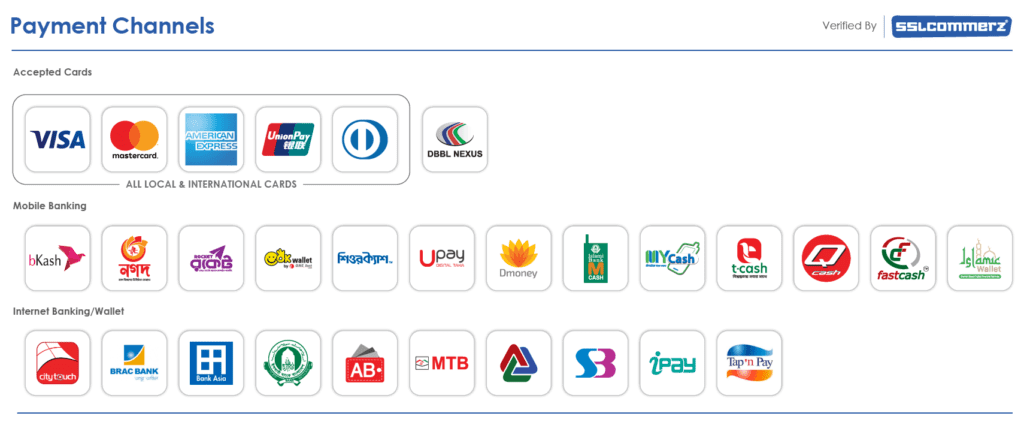

Monday and Wednesday
6:00 pm – 09:00 pm
Zoom + BRACU LMS
The course provides a thorough introduction to quantitative research methods in education. Quantitative Methods in Education engages in the science and practice of educational measurement and evaluation primarily through the application of statistical methods and informed by the study of teaching and learning statistics. In this course the learner will study quantitative research methods in education, evaluation and statistics to address practical problems of education. The course equips the learners with the skills and knowledge necessary to prepare for an educational research project using quantitative research methods.
Introduction to quantitative research, Types of Quantitative Research Design, Experimental and Quasi experimental designs; Non-experimental designs and Single Group Design
Objective; Research Questions; variables; hypothesis; validity and reliability
Data Collection: Methods; survey; sample and sampling; types of sampling; and process of sampling
Data Collection: Development of tools/Instruments; scales etc.
Analysis & Interpretation using statistics: Installation and introduction of SPSS; Data presentation- Descriptive Statistics; interpreting statistical tables and graphs to display quantitative information
Analysis & Interpretation using statistics; Inferential Statistics
Contact

TERMS OF USE
